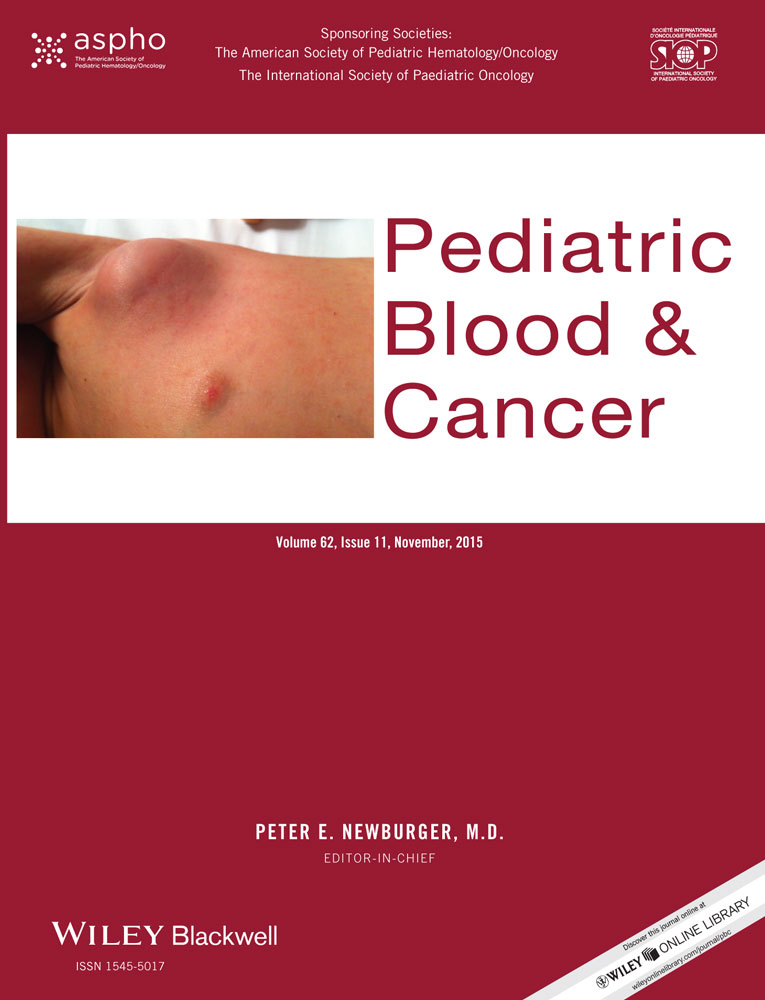The pediatric hematology/oncology educational laboratory in-training examination (PHOELIX): A formative evaluation of laboratory skills for Canadian pediatric hematology/oncology trainees
Abstract
Background
Pediatric hematologists/oncologists need to be skilled clinicians, and must also be adept and knowledgeable in relevant areas of laboratory medicine. Canadian training programs in this subspecialty have a minimum requirement for 6 months of training in acquiring “relevant laboratory diagnostic skills.” The Canadian pediatric hematology/oncology (PHO) national specialty society, C17, recognized the need for an assessment method in laboratory skills for fellows graduating from PHO training programs.
Procedure
Canadian pediatric hematologists/oncologists were surveyed regarding what were felt to be the essential laboratory-related knowledge and skills deemed necessary for graduating pediatric hematology/oncology trainees. The PHOELIX (Pediatric hematology/oncology educational laboratory in-training examination) was then developed to provide an annual formative evaluation of laboratory skills in Canadian PHO trainees.
Results
The majority of PHO respondents (89%) felt that laboratory skills are important in clinical practice. An annual formative examination including review of glass slides was implemented starting in 2010; this provides feedback regarding knowledge of laboratory medicine to both trainees and program directors (PDs).
Conclusions
We have successfully created a formative examination that can be used to evaluate and educate trainees, as well as provide PDs with a tool to gauge the effectiveness of their laboratory training curriculum. Feedback has been positive from both trainees and PDs. Pediatr Blood Cancer 2015;9999:1–6. © 2015 Wiley Periodicals, Inc.




